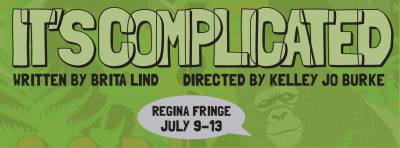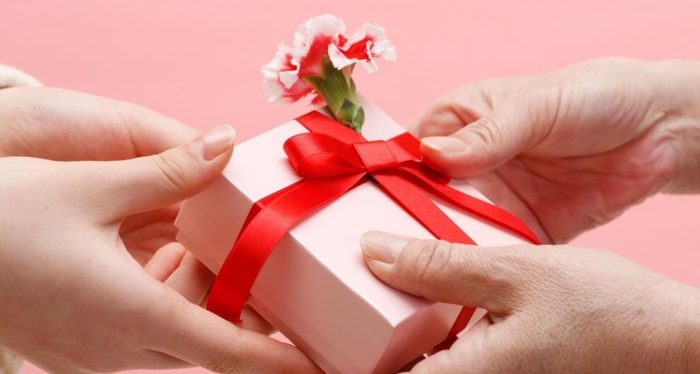
In so far as we can guess, it’s Shakespeare’s birthday today. So Happy Birthday to him. It seems like a good time to express my gratitude to someone who has been in my life longer than almost anyone of formative significance. But,
as Lulu sang to her (oh so dreamy) Sir, with love, how do you thank someone, who has taken you from crayons to perfume?—or in my case crayons to whole, organic, hypoallergenic herbaceous oils, ‘cause I don’t do perfume anymore, ‘cause everywhere is scent-free these days, but if it doesn’t trigger the dachshund’s asthma, and the oils don’t, I figure I’m good—but anyway, how do thank someone for being Shakespeare? It isn't easy, but I'll try:
1. Thank you for shaping my brain. And my voice. And my priorities.
I started reading Shakespeare when I was 6. Okay, I know you’re rolling your eyes now, and making gestures with varying degrees of vulgarity. But I did. I was a show-off. A precocious child with a gift for memorization, and a deep need for the attention that my precocity garnered. So I read way over my head, and parroted those readings, and waited for a nice biscuit. And:
delivered in a whispery just post-toddler voice was good for a few biscuits, let me assure you, my friends.
But it was good for more than that. It was good for me. Like sunshine and apples and not slouching and being kind just for the sake of it, the simple act of saying the words, iambically pentagrammical, and rife with metaphor, and alliteration and music, did things to my brain. And my voice. And what I thought words were for. Not just to make sound. Or get another biscuit. Words were for play. Words were for beauty. Words were to dazzle, and dream, and carry fire. To work at words was an intrinsic good.
2. Thank you for keeping me (goodly) company.
Okay, the kid who reads Shakespeare in Grade One does not get invited to a lot of pool parties. But there were books, lots of books—all of them important in getting me through the bookish child narrative relatively intact. But Shakespeare did more than keep me company through the pages. He did it across centuries—through dialect—and under a huge weight of difference. Shakespeare lived in a time with radically different ideas about almost everything, including whether a girl child merited attention of any kind—and yet—when I read him—I experienced a huge, generous, doubting, funny, sad, ironic and oh so human mind that seemed not foreign in any way. Across it all, Shakespeare offered not history so much as family. Which leads to:
3. Thank you for making me know it would get-eth better.
If a bearded, balding playwright four hundred years dead could feel that familiar—then kinship was not out of the question for me. I just had to find someone alive felt that way to me. Who I could make feel the same. By force if necessary (see past blog about my marriage).
4. Thanks for being better than anyone else.
It takes the edge off right? Why worry if you’re good enough? You’re never going to be that good—so relax.
See, there’s what everyone else doing, here, which is…whatever. And then there’s what he did. Which kind looks after things—anything after him is kind of gravy.
People are going to think I’m one of the Bard-ist fan girls who just go for a fella with both feet firmly planted in the canon. But that’s not it. I revere writing. I can list off a hundred other writers whose work I feel has made at least my life significantly better—right now—without breaking a sweat. And I think each and every one of them would tell you that they got good by standing on the shoulders of other giants. And each of those giants would shake their massive world-trembling shoulders and say, “Yeah but that guy? That Shakespeare? I can’t believe him. He grows up a few steps from the cave—writing with a quill, by candlelight, in a world without public libraries, school or water treatment—and like
Athena, he springs fully grown from the head of Zeus, starts working over tired old twice-told tales, and somehow, and in some cases in a startlingly modern way, does something that makes post-moderns cringe. He touches something dangerously like the heart of what it is to be human. I cannot touch that.”
Four hundred and fifty years, and I swear to you, someone somewhere is still saying his words every minute of every day? Fuhgeddaboudit. Nobody’s touching that.
5. Oh, and thank you for the words. All of them.
Thanks for Hamlet—because it proves that a play can be perfect, hold the whole world and still be a MESS. Thanks for Lear (though my heart cracks when I think on him). For Midsummer Night’s—especially the fairies, “the winter of our discontent” “Out, out brief candle.” Ariel, Mercutio, Feste. There’s also several sonnets
I could not do without.
‘Cause let’s face it, the guy’s got game.
 June 18, 2014
June 18, 2014 





